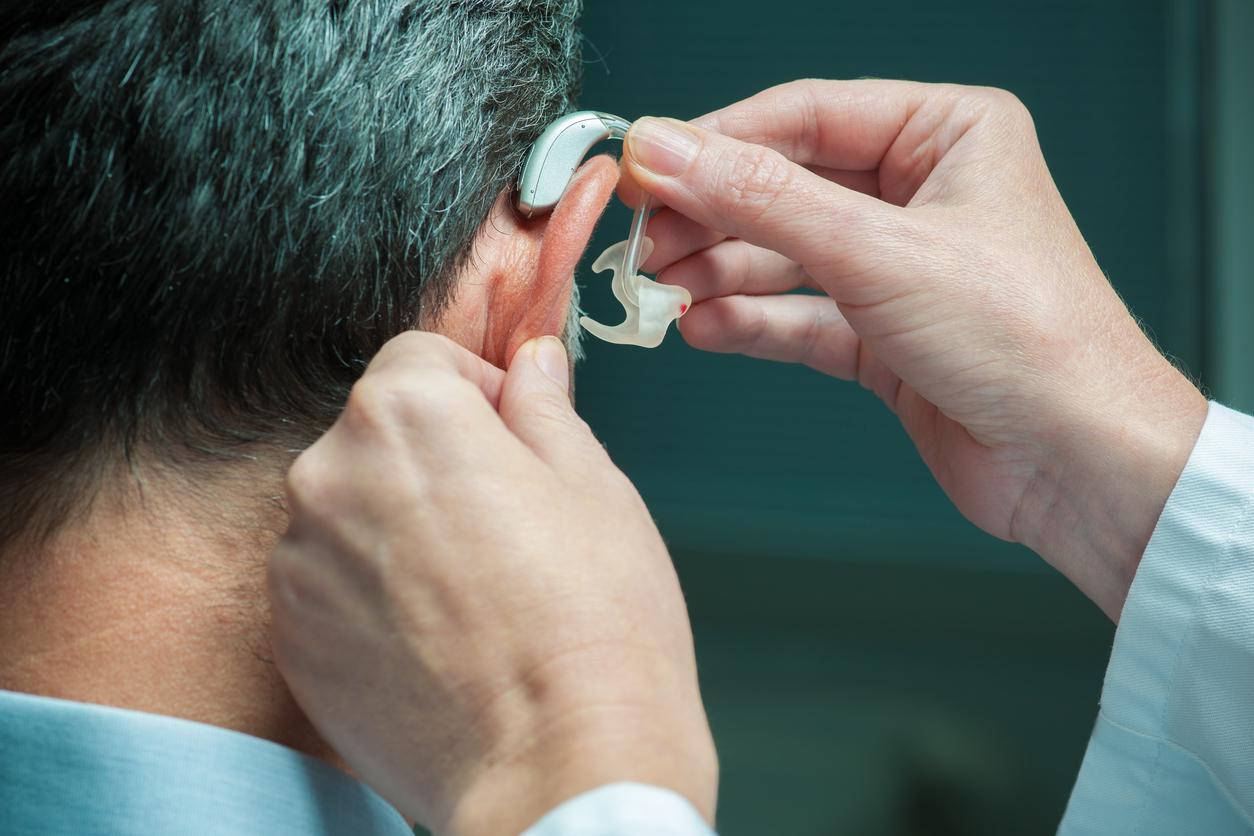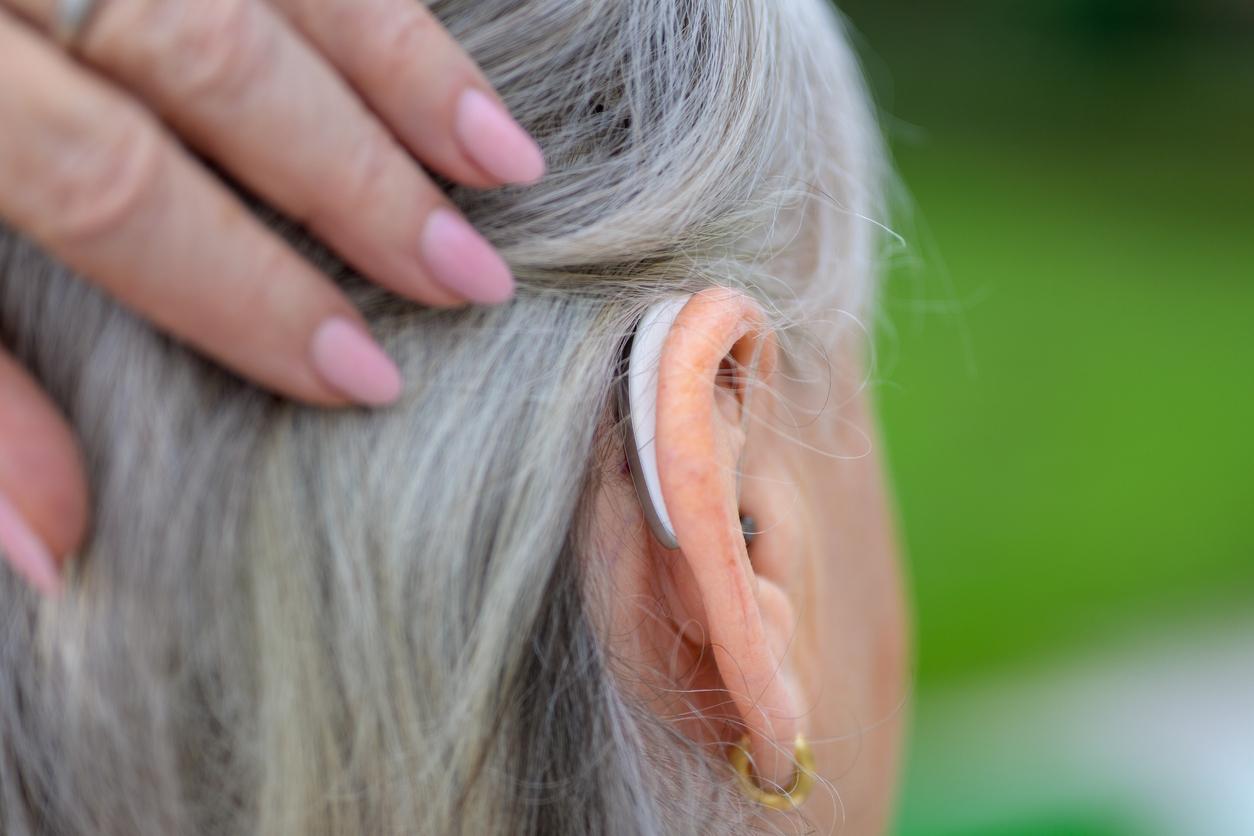Tinnitus, the phantom noise that haunts millions of people, continues to pose a medical challenge in 2024. Although scientific advances have led to a better understanding of its mechanisms, the exact cause often remains unclear. What do we really know today?

- Tinnitus is not just a “noise in the head”, but the result of a complex dysfunction of the auditory and nervous systems.
- Research is advancing rapidly to better understand the causes of tinnitus and develop more effective treatments.
- If you suffer from tinnitus, it is important to consult an ENT doctor to identify the cause and discuss available treatment options.
Tinnitus, often described as a ringing or whistling sound with no external source, affects approximately 10 to 15% of the world’s population. As of 2024, research has found significant progressbut these phantom noises remain a mystery to many patients and healthcare professionals. This article aims to demystify this phenomenon and explain what recent studies have revealed about its potential causes.
Promising scientific advances
Researchers have identified several possible causes of tinnitus, often related to disorders of the inner ear or central auditory system. Common causes include prolonged exposure to high sound levels, head trauma, ear infections, and the use of certain ototoxic medications. By 2024, advanced imaging technology and genetic studies have provided a better understanding of these links.
One of the major discoveries of recent years is the involvement of the central auditory system in tinnitus. Contrary to popular belief that attributed these sounds to a purely mechanical problem in the ear, researchers have highlighted the crucial role of the brain. Indeed, tinnitus could result from an awkward reorganization of the auditory neural pathways following hearing loss or other inner ear disorders.
Psychological and physiological factors
In addition to physical causes, psychological factors play a significant role. Stress, anxiety and depression are often associated with worsening tinnitus symptoms. These psychological disorders can be both a consequence and an aggravating factor of tinnitus, creating a vicious circle that is difficult to break.
The hope of new technologies
Technological innovation also offers promising prospects. Cochlear implants and auditory nerve stimulators are being studied for their potential to reduce or eliminate tinnitus. In addition, neuromodulation, which involves stimulating certain regions of the brain to reorganize neural circuits, is an active avenue of research.
What to say to those who suffer from it. Tinnitus can be linked to:
- Damage to the inner ear, resulting from excessive sound exposure, acoustic trauma, or an ear disease such as Meniere’s disease.
- A central nervous system disorder, such as a brain tumor, stroke, or neurodegenerative disease.
- Certain medications, such as nonsteroidal anti-inflammatory drugs (NSAIDs) or ototoxic antibiotics.
- Psychological factors, such as stress, anxiety or depression.
THE tinnitus remain a complex challenge in 2024, with multiple and often intertwined causes. A thorough understanding of brain mechanisms and consideration of psychological factors are essential for effective management. Although research continues to advance, symptom management through multimodal approaches already offers significant relief to patients.
In summary, tinnitus is the result of a combination of auditory and brain factors. Symptom management relies on a comprehensive approach that includes therapy, hearing aids, and emerging technologies. Research continues to provide new insights into understanding and treating this complex phenomenon.


















